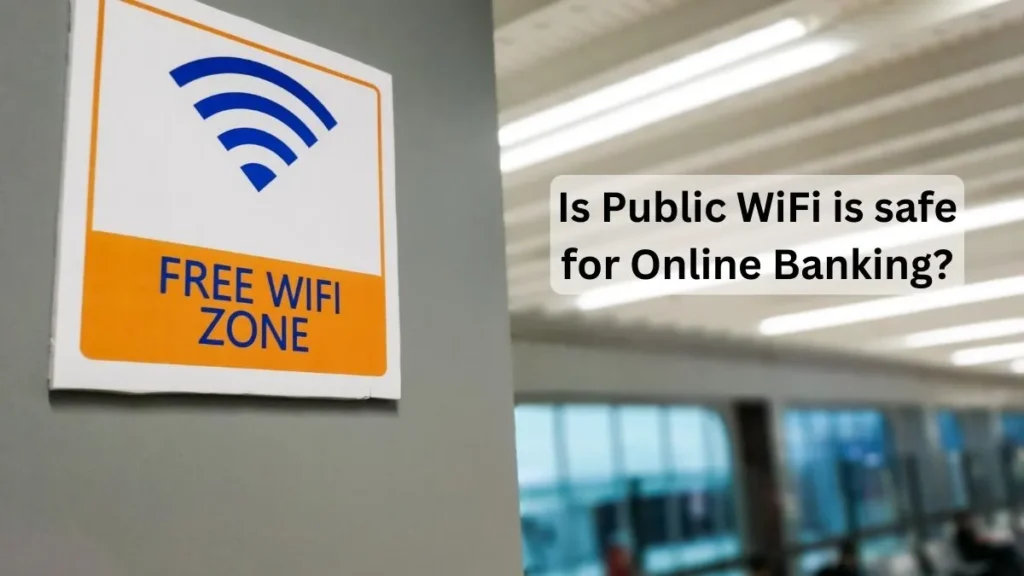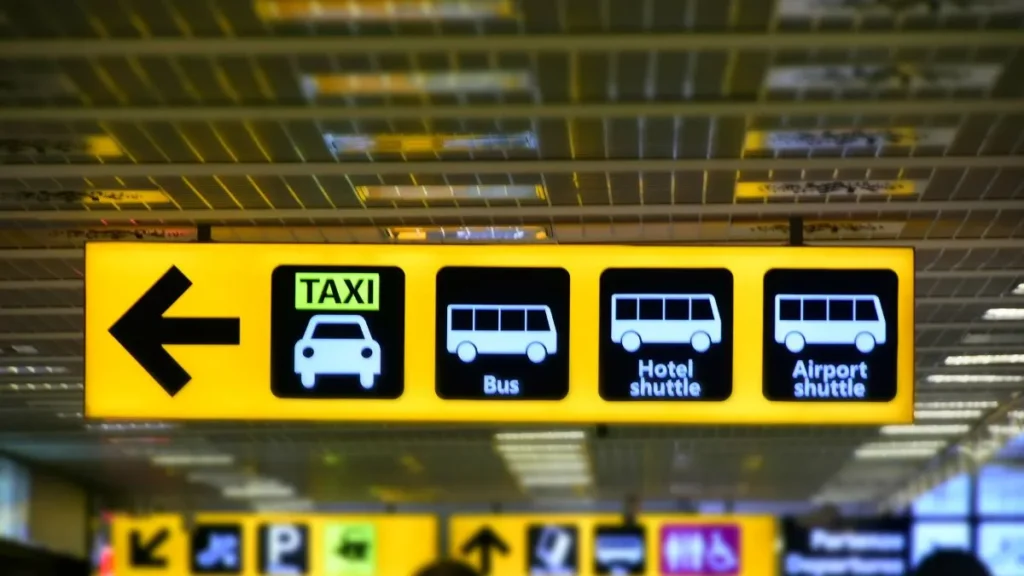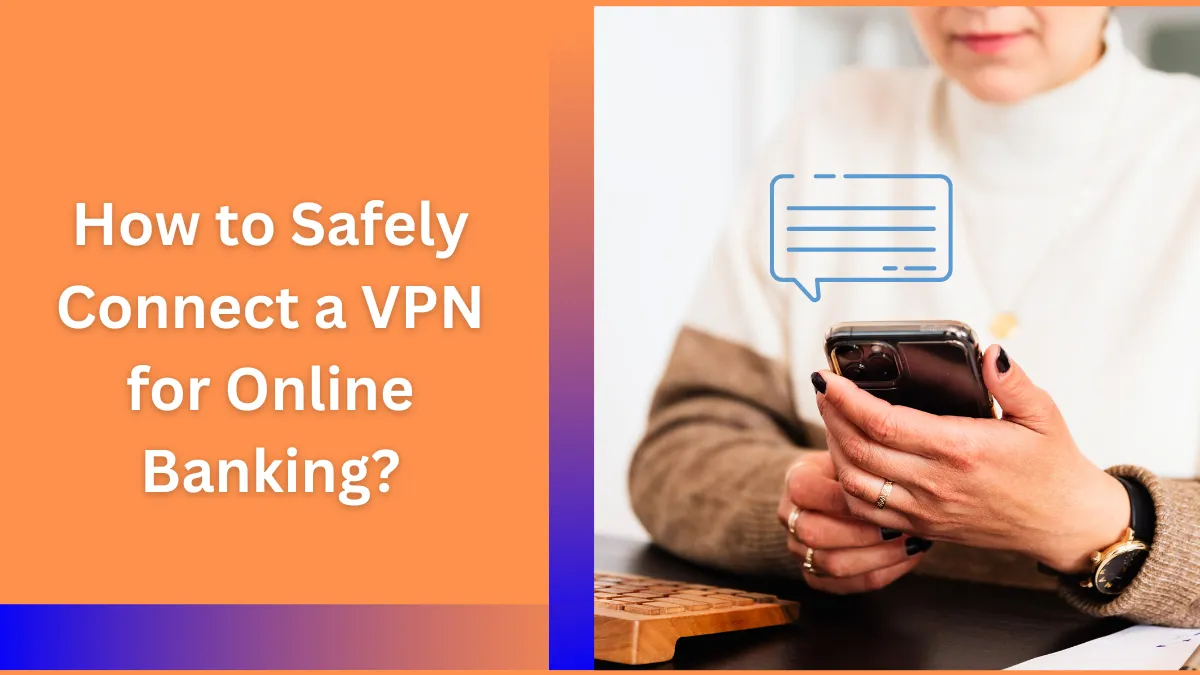Online banking has become a convenient way to manage our finances in today’s digital age.
To enhance your online banking security and safeguard your web traffic, utilizing a virtual private network (VPN) is highly recommended. Although your online banking is already implementing robust security measures, incorporating a VPN for online banking provides an added layer of protection and privacy on your part. Here is a detailed explanation of how it can improve your overall security.
How secure is online banking?
The vast majority of websites today utilize hypertext transfer protocol secure (HTTPS), which provides enhanced security compared to regular HTTP. By using TLS encryption, HTTPS prevents interference or monitoring of your connection by your internet provider or anyone else on your network. Although it still reveals the websites you visit, it ensures the privacy of your data transmission.
You can easily verify if your connection is protected by HTTPS by checking for a padlock icon in your browser’s URL bar. With HTTPS, you can confidently carry out your banking activities securely as long as you are certain that you are connected to your bank’s official website or app.
Checkout, The Best VPN For Streaming 2023: Best VPN for Movies And Series
When connecting a VPN for online banking?
When using public Wi-Fi

Using public Wi-Fi, whether it’s while traveling or enjoying a coffee at your local café, can be risky, especially if the network is not password protected. Hackers can easily exploit open networks to gain access to your device. Some hackers even create fake Wi-Fi networks in public places that look like legitimate services, for example, free airport Wi-Fi.
However, these networks are designed to be gateways for hackers to infiltrate your device. If you find yourself using public Wi-Fi for online banking, it’s crucial to use a VPN to encrypt your activity. This will prevent snoopers on the same network from forcefully gaining access to your device.
When accessing financial transactions from a smartphone
When using mobile banking apps or transferring funds on the go, it’s advisable to install a VPN on your mobile device. While mobile devices are generally harder to crack than computers, they can still be targeted. One of the best VPN services is VeePN, it improves your cybersecurity and supports up to ten devices on one account.
By the way, you can use VPN for crypto trading or to unblock sites. If you transfer funds, even as part of crypto trading, you are always at risk. VeePN encrypts your data to ensure you can safely connect to servers. Thus, VPN for online banking, just like for cryptocurrency trading, is a necessary tool.
Online banking while traveling
Banks may track IP addresses to identify foreign banking activity on an account. Although this is generally beneficial, it can potentially pose issues during travel by blocking account access. Connecting to a VPN server in your home country ensures uninterrupted access, preventing any potential lockouts.
Get the Best-Selling Deal on Surfshark VPN. Enjoy a stable & fast connection with Surfshark VPN. 3200+ servers
How can a VPN help secure your banking?
Prevent DNS poisoning
When you connect to a website, you typically enter its URL. However, computers don’t rely on URLs; they use IP addresses, such as 185.159.159.140. The internet relies on the domain name system (DNS) to associate a URL with the correct IP address. DNS requests are handled by special servers operated by your ISP or network administrator. DNS poisoning, or DNS spoofing, occurs when attackers intercept your browser’s DNS requests and provide their own fraudulent response.
In most cases, the attacker will redirect you to a website that appears identical to the legitimate one they are impersonating. Since they control this site, they can capture any information you enter, including your username and password.
Secure access while traveling

When abroad and attempting to use your banking app, it’s possible for your activity to be suspected suspicious or for access to be denied. Many banking sites do not expect login attempts from IPs outside your home country.
To bypass this geoblocking, VPN can be incredibly helpful. When using VPN, the websites you access cannot detect your device’s IP address. They can only identify the IP address of the VPN server you are connected to. If you connect to a VPN server in your home country, your banking app will assume that’s where you are.
Please note that certain banking apps may also deny access if your IP address is not originating from the country where you recently made purchases. We recommend initially trying to access your banking app on a secure WiFi network without using a VPN. If that doesn’t work, install the VPN extension Edge and try again. Only this time, connect to a server in your home region.
Is it allowed to use VPN to access the bank?
Although a bank cannot detect the use of a VPN directly, they can view the IP address associated with the VPN server you are connected to. In most cases, this is not an issue as your IP address changes depending on the network you are connected to.
However, if you connect to a server in an unfamiliar location, such as a foreign country you rarely visit, your bank may request verification of your identity. This is where the consequences end since it is not forbidden to use a VPN when connecting to a bank.
Conclusion
Online banking comes with risks, but it can be made more secure by utilizing the best VPN. A VPN encrypts data traffic and hides the user’s IP address, providing protection. It’s important to note that using a VPN does not have a negative impact on online banking, although it may result in slower connection speeds.
Nevertheless, users should still adhere to general online banking security measures, such as employing two-factor authentication and safeguarding personal information, to ensure a safe VPN experience.


